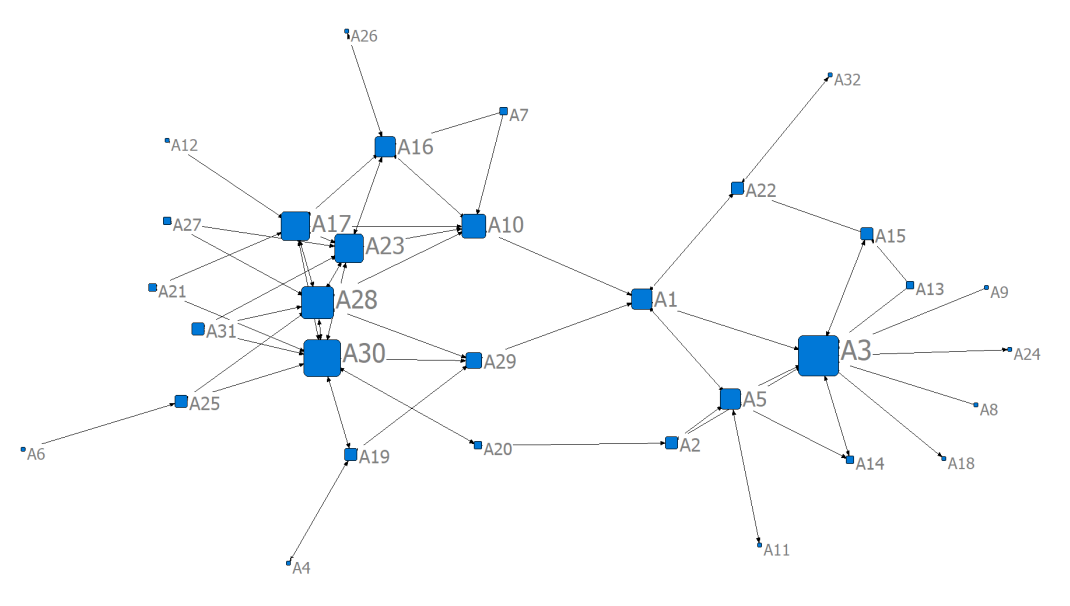
2024
Achara Khameksorn
Chiang Mai (CNX), a popular city in northern Thailand, has attracted an increasing number of Chinese visitors to stay for a long term for diverse purposes, which facilitates local economic and cultural development. As social networks (SNs) are widely used to disseminate information and accelerate problem-solving, social recommendations (SRs) can be generated correspondingly to address the diverse and dynamic long-term residential demands of Chinese users in a multicultural context. This research aims to develop an SN-based recommendation framework for Chinese long-stayers in CNX to address the social recommendation problems for target long-stay users in a cross-cultural context.
2023
Achara Khameksorn
Asset management (AM) focuses on the life cycle of assets and provides a systematic process for developing and maintaining an organisation’s assets using a set of assetrelated planning and control activities. Chiang Mai University (CMU) is a public university in Thailand founded in 1964. The university was the first provincial university in Thailand and aims to be the university of prototyped innovation for sustainable development in communities. CMU’s AM planning process is a critical aspect of its mission to develop the university. This study developed an asset management framework (AMF) based on IDEF0 functional modelling–a modelling process that facilitates the decisions, actions and activities of an organisation or system. Moreover, the study used an analytic hierarchy process (AHP) to perform pairwise comparison, produce matrices and calculate priorities for CMU’s assets. The researchers employed a strengths, weaknesses, opportunities and threats (SWOT) analysis to evaluate the organisation’s competitive position and support its strategic planning. This study presents the resulting of CMU’s AMF (AMF-CMU), the development of which contributed to prioritising and managing the university’s assets.
https://www.researchgate.net/profile/Achara-Khamaksorn/publication/379696501_2023_JCDC_IDEF0_Functional_Planning_Modelpdf/data/661639e6f7d3fc28743f97e4/2023-JCDC-IDEF0-Functional-Planning-Model.pdf
2021
Abdullah Lakhan
In this study, futuristic and emerging innovations are analyzed, improving COVID-19 effects for the general public. Large data sets need to be advanced so that extensive models related to deep analysis can be used to combat Coronavirus infection, which can be done by applying Artificial intelligence techniques such as Natural Language Processing (NLP), Machine Learning (ML), and Computer vision to varying processing files. This article aims to furnish variation sets of innovations that can be utilized to eliminate COVID-19 and serve as a resource for the coming generations. At last, elaboration associated with future state-of-the-art technologies and the attainable sectors of AI methodologies has been mentioned concerning the post-COVID-19 world to enable the different ideas for dealing with the pandemic-based difficulties.